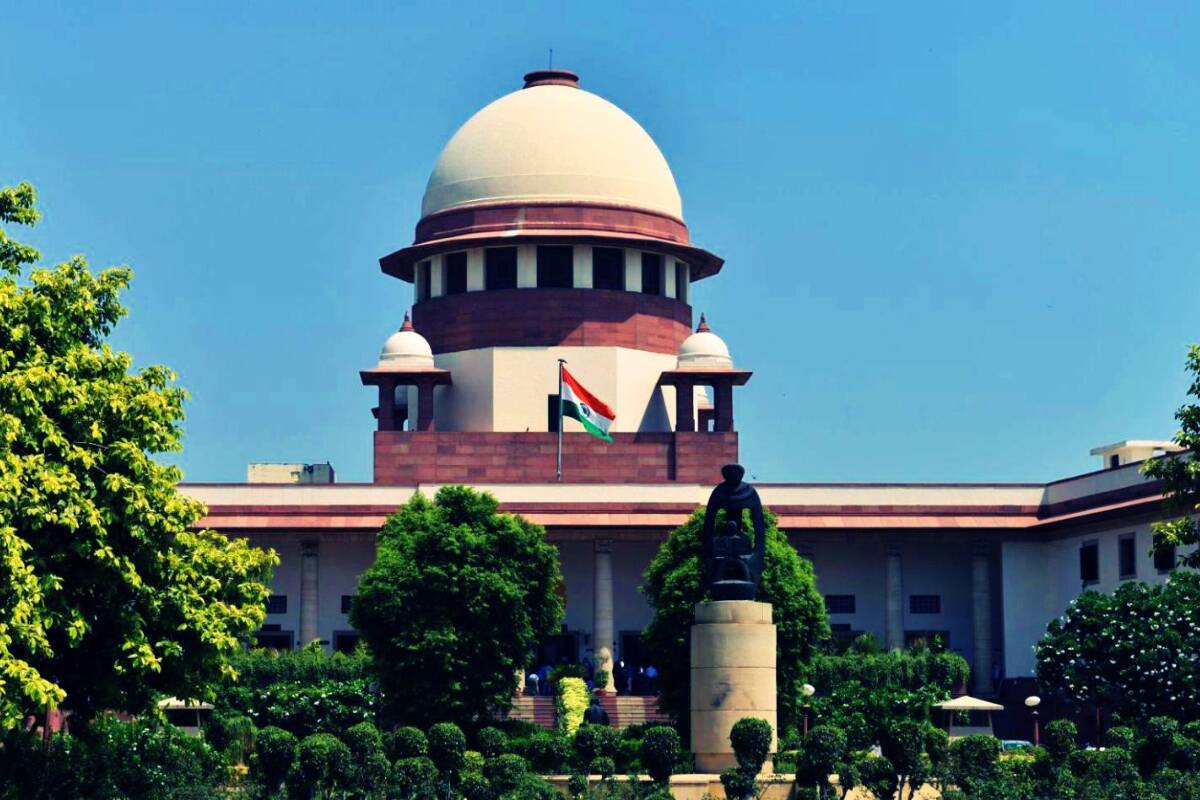SC seeks number of FIRs registered in instant triple talaq cases
Triple talaq ceased to exist on August 22, 2017, when the Supreme Court declared it void.
As Sibal urged the bench to pass a direction to CBI to not register any more cases in the matter, the bench replied: “It is only a week, nothing will happen.”

Supreme Court of India
The Supreme Court on Tuesday asked the Centre and others to respond to the West Bengal government’s plea against the Calcutta High Court order directing a court-monitored CBI probe into the cases of arson, rape and murder during the post-poll violence in the state.
Refusing to pass any directions to the CBI to not lodge any more FIRs in the matter, a bench of Justices Vineet Saran and Aniruddha Bose, said, “You have made out the case for issuance of the notice,” the bench told senior advocate Kapil Sibal, appearing for the state government.
Advertisement
“Let us see. We will give a short time for respondents to file counter,” the bench said.
Advertisement
The Supreme Court has now fixed the case for next hearing on October 7.
As Sibal urged the bench to pass a direction to CBI to not register any more cases in the matter, the bench replied: “It is only a week, nothing will happen.”
On his submission that the CBI is issuing notice to police officers in the cases, Justice Saran said: “You have argued about natural justice, we should not pass any order without hearing the other side.”
The Mamata Banerjee-led state government has challenged the high court order in the top court.
A five-judge bench of the Calcutta High Court, accepting the recommendations of an NHRC panel, had ordered a CBI investigation into all the alleged cases of heinous crimes in West Bengal after the assembly poll results this year, in which the ruling Trinamool came back to power.
On September 20, the West Bengal government had told the Supreme Court that “shocking things” have happened in the state and cases, which included dacoity, were being transferred “en masse” to the CBI.
The state government’s plea had argued that NHRC committee report was prepared in great haste, “with a pre-conceived and motivated objective and most crucially, in utter disregard of the principles of natural justice, the established principles of criminal jurisprudence”.
It said that direction transferring cases to the CBI and the SIT was not in accordance with the principles laid down by the top court, as such transfers must be done in rare or exceptional cases only.
Advertisement